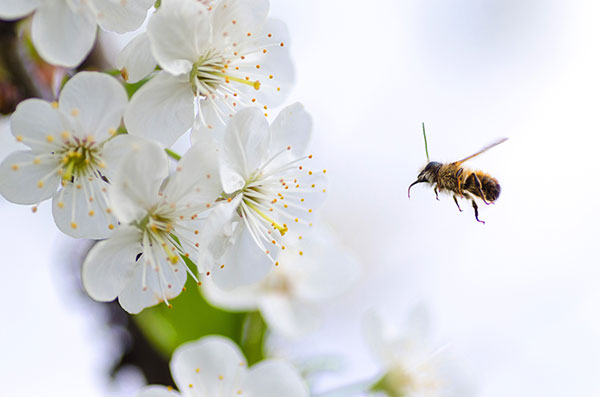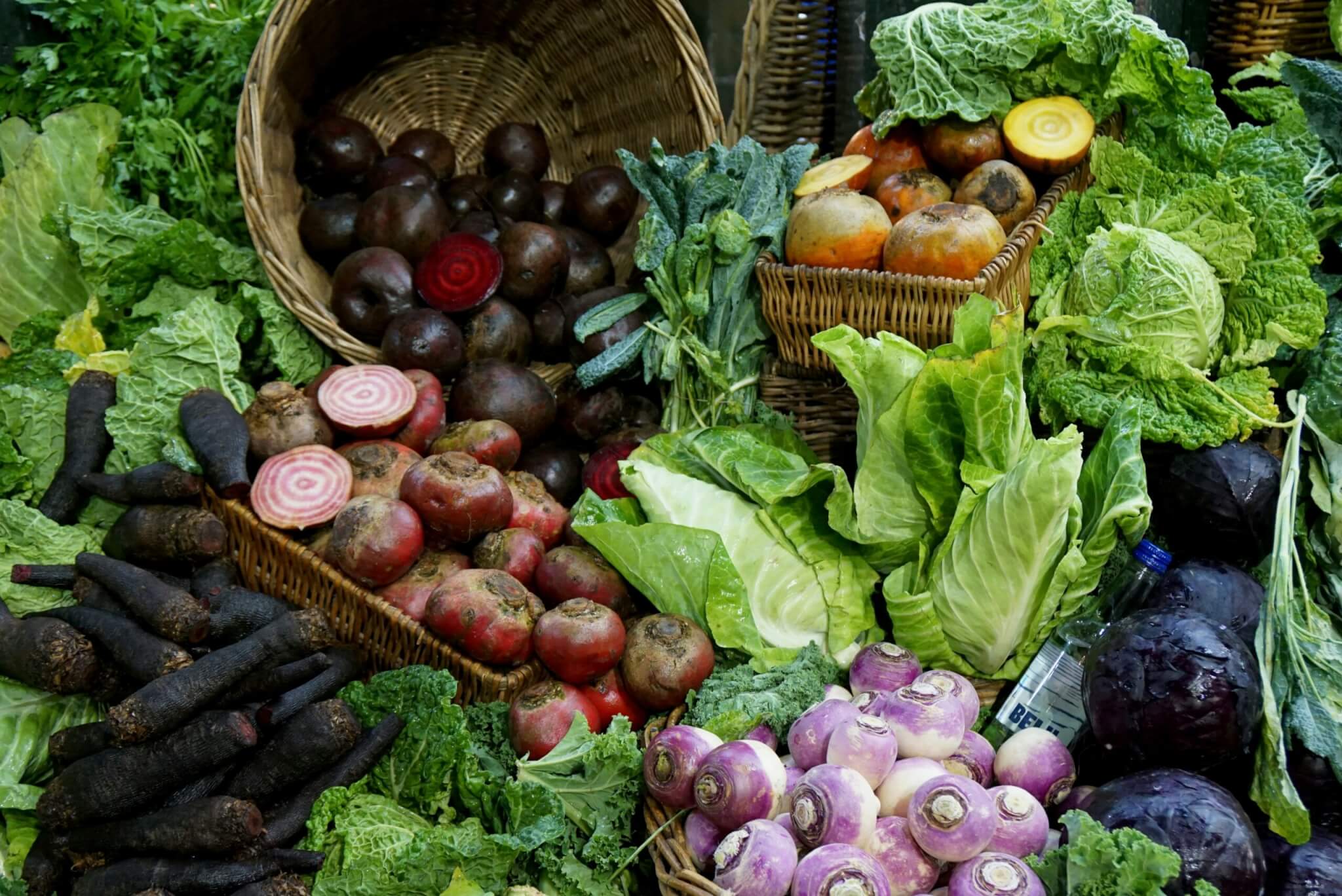Conservation group The Wildlife Trusts is calling for pesticide use to be halved to reverse the decline of insects alongside more support for farmers to adopt insect-friendly practices.
As part of a new report, entitled ‘Reversing the Decline of Insects’, the group highlighted examples of farmers and local authorities across the UK who are already boosting insect populations, and said that around a third of land should be managed this way.
It’s part of a major push to reverse insect declines, which have fallen by around 40 per cent, calling on help from the public, farmers, charities and councils, and pressure on government to resist weakening of pesticide laws under future trade deals.
“We want to see an ambitious pesticide reduction target and at least 30 per cent of land being managed for nature so that insects can become abundant once more. We’re calling on everyone to take action for insects and become an insect champion,” said The Wildlife Trusts chief executive, Craig Bennett.
“Current trade deals threaten to make a bad situation worse. It’s up to the government to ensure we maintain our current environmental standards, not let them slip and jeopardise the wildlife we have left. The Agriculture Bill is a golden opportunity to set high standards in law and make sure insect-friendly farming practices are rewarded.”
The report comes as this week a campaign called Bees Needs is highlighting farmers who are already taking steps to look after wildlife and insects.
Examples of nature friendly farming are being shared on social media under the hashtag #BeesNeeds from 13 to 19 July, and via the Nature Friendly Farming Network (NFFN), and a government group called Championing the Farmed Environment.

“Pollinators play an important role in our ecosystem, but they also provide enormous benefits to the food system, farming businesses and people’s wellbeing,” said farmer and chair of the NFFN, Martin Lines. “The NFFN is delighted to be involved with Bees’ Needs Week, to help people reconnect with sustainable farming and nature. By working together, we can bring wildlife back.”
The Wildlife Trusts report highlights varied examples of where insects are being protected across the UK, including roadsides in Stirling and Kent, farms in Northern Ireland and Devon and urban greenspaces in Lambeth and Manchester.
The organisation is calling for members of the public to look after insects wherever they can, such as leaving patches of gardens wild and mowing the lawn less often. It also wants local councils to create more nature-rich places where insects can thrive and make cities, towns and parishes pesticide-free.
“If we get it right for insects we get it right for everything else,” said lead author, Professor Dave Goulson of the University of Sussex. “Insects are the canaries in the coal mine – their collapse is an alarm bell that we must not ignore. Action is needed from every section of society – we all need to change this together.”












I have a number of bee boxes in my garden, which I have had for about 5 years. They fill up every year with loads of eggs being produced. It is such a delight to see them all being hatched then later in the year seeing them fill up again. I have a large amount of persicaria which the bees absolutely love. Make sure they face south and you will have a full house!
What a fantastic initiative and a joy to watch. It shows how much can be done even on a small scale in our gardens.